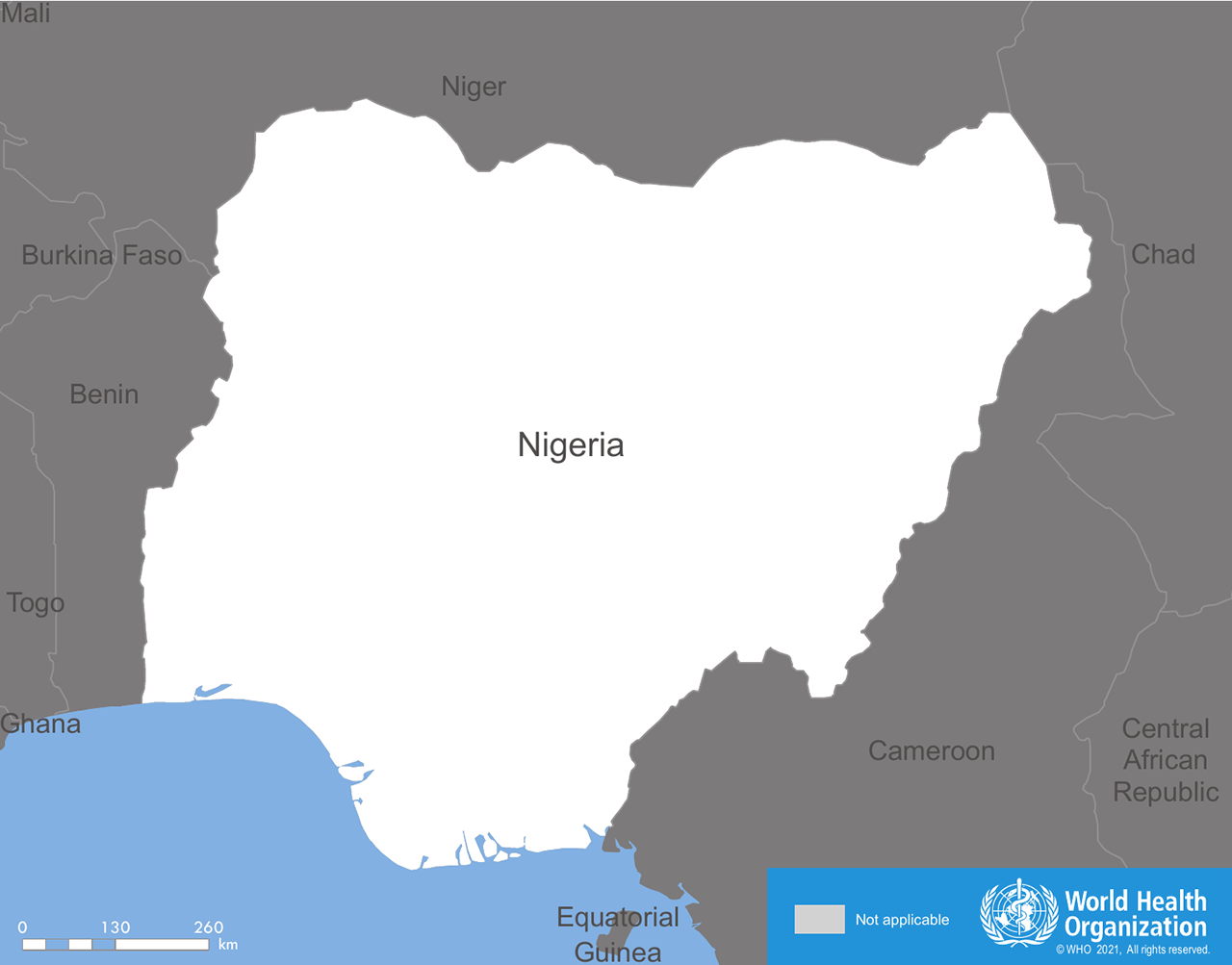Nigeria
Persistent armed conflict by and with Boko Haram in North-Eastern Nigeria is resulting in widespread displacements, food insecurity, and many victims of violence. Displacement away from infrastructure leads to poor sanitation, water-borne diseases and an increased risk of communicable diseases.
Health sector partners are supporting the urgent need for primary care services and secondary care including essential medicines, care for pregnant mothers and infants, and outbreak control. Malaria is endemic to Nigeria, and makes up a large proportion of all consultations. Outbreaks of Acute Watery Diarrhea, when added to high rates of malnutrition, are very dangerous and require immediate response and resources. Work towards the eradication of polio is a high priority in Nigeria.
The information displayed here is updated in reference to the Health Cluster dashboard, in quarterly periods.
Health sector partners are supporting the urgent need for primary care services and secondary care including essential medicines, care for pregnant mothers and infants, and outbreak control. Malaria is endemic to Nigeria, and makes up a large proportion of all consultations. Outbreaks of Acute Watery Diarrhea, when added to high rates of malnutrition, are very dangerous and require immediate response and resources. Work towards the eradication of polio is a high priority in Nigeria.
The information displayed here is updated in reference to the Health Cluster dashboard, in quarterly periods.

Map disclaimer. Data source: WHO. Map production: WHO/Health Emergencies Programme. @ WHO 2021. All rights reserved.
Health Sector coordination
Health Sector team
National team: 1
Coordinator: 1 FT
Information management officer: 0
Public health officer: 0
Communications officer: 0
Subnational hubs:2
Health Sector partners
Partners: 55
International NGOs: 11
National NGOs: 28
UN agencies: 3
National authorities: 3
Donors: 4
Observers: 6
Others: 0







